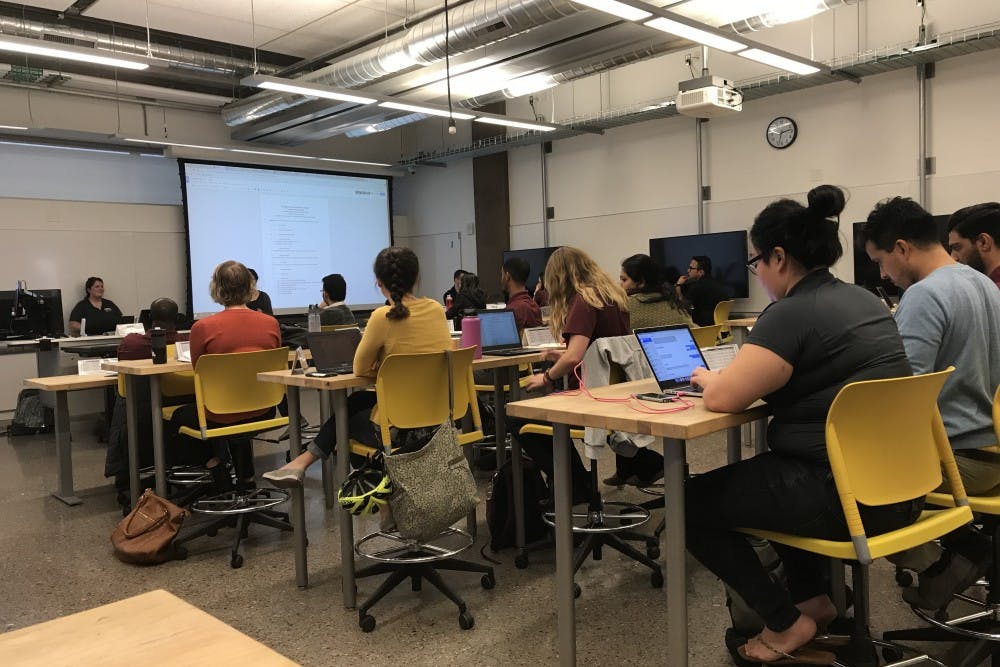Undergraduate Student Government West and the Graduate and Professional Student Association passed a bill to increase the Student Health and Wellness Fee by $15 per semester on Friday, making the increase a reality for ASU students.
Earlier this week, USG Tempe and USG Polytechnic passed the health fee increase. USG Downtown was slated to vote on Friday but delayed the vote in order to hear more student opinions.
A majority of campus student governments had to pass the bill for it the increase take effect. USG West was was the third government to pass the bill, giving the measure majority support.
The health fee will now increase by $30 per school year, and will be implemented next fall pending finalization by the Council of Presidents next week. The added funds will go toward extending health services office hours and increasing specialized care such as sports medicine and women's health on all campuses.
It would also implement a telehealth program and other online self-help tools, as well as making it easier for students to schedule appointments, access their medical records and improve communication with health providers.
GPSA was the fourth government to pass the bill Friday.
Samantha Hernandez, GPSA President and political science doctoral candidate, introduced the bill by calling it an "expansion of services, including acupuncture, chiropractic appointments and massage.”
After the bill passed, GPSA assembly member and sustainability graduate student Nicholas Weller said he voted no because he felt there was a lack of discourse around the issue.
"I voted no not because I didn't like what was in it but because I don't think there was enough conversation around it," Hepworth said.
USGW passed the increase 7-1-1, and even the senator in opposition recognized the importance of vamping up health services.
Senator Jake Ormond, junior representative for the W.P. Carey School of Business, was the single opposition vote.
"I feel that the current legislation was not representative of my constituents and found that the research I conducted showed that the increase would go to some ancillary activities, like acupuncture or stress relief, which I felt were not essential enough to justify the fee hike," Ormund said.
Prior to the vote, Jacob Salazar, a junior sociology major and New College of Interdisciplinary Arts & Sciences senator, said the fee increase will improve health accessibility.
"As a new student senator, I am for the fee increase, as it will help both the scope and number of hours available to students using the health services department," Salazar said.
Reach the reporters at flatifi@asu.edu and lvukcevi@asu.edu or follow @fortesalatifi and @lazarstatepress on Twitter.
Like State Press on Facebook and follow @statepress on Twitter.




